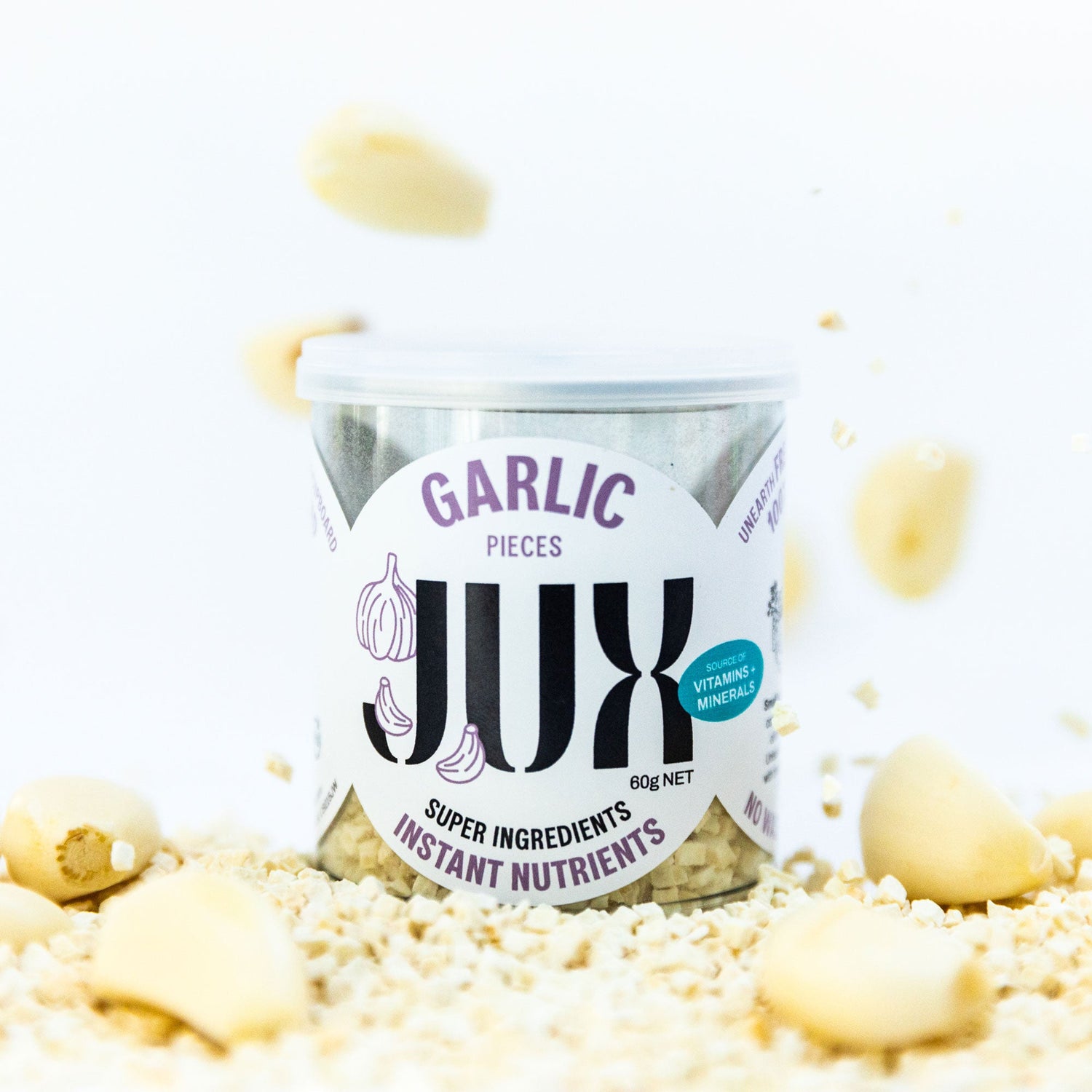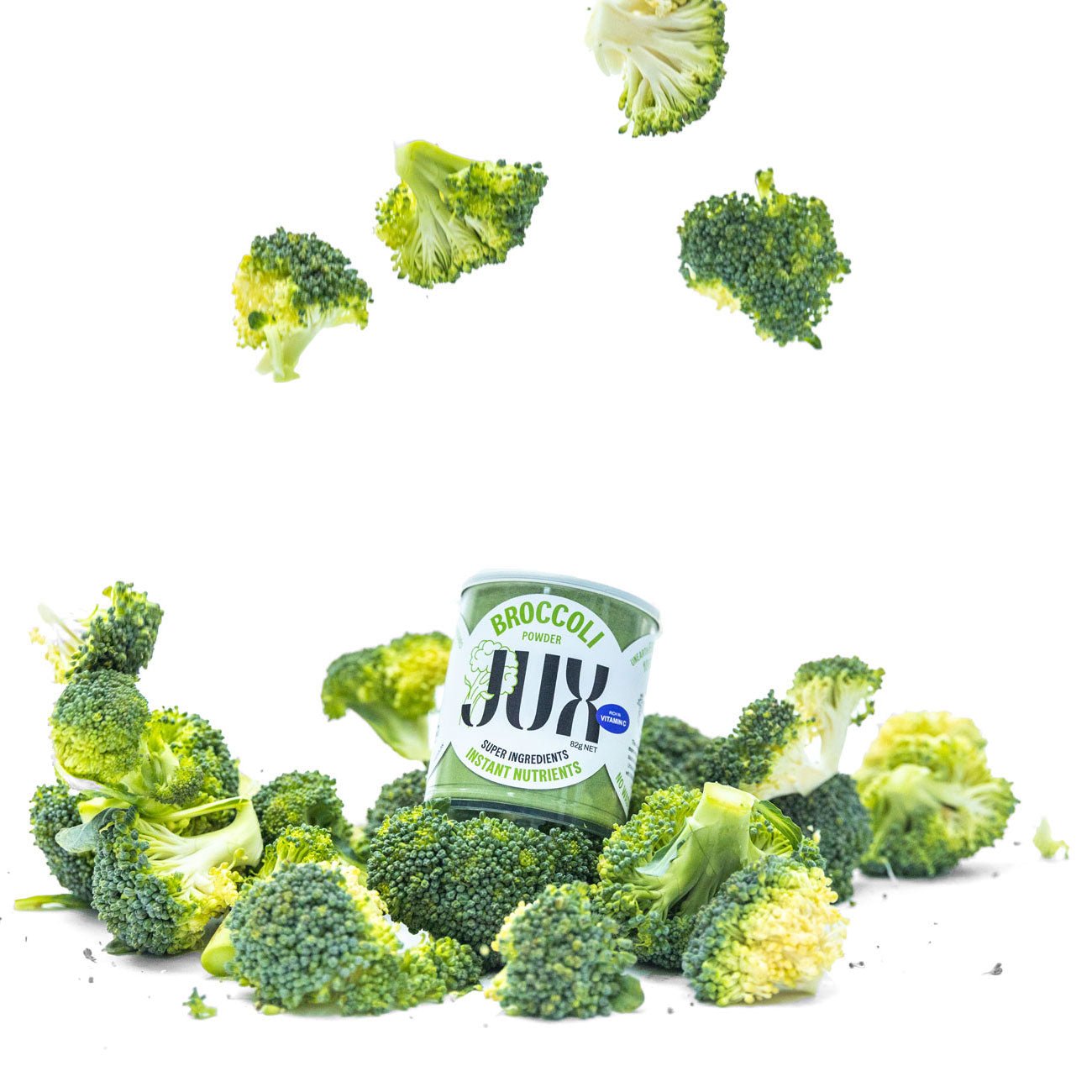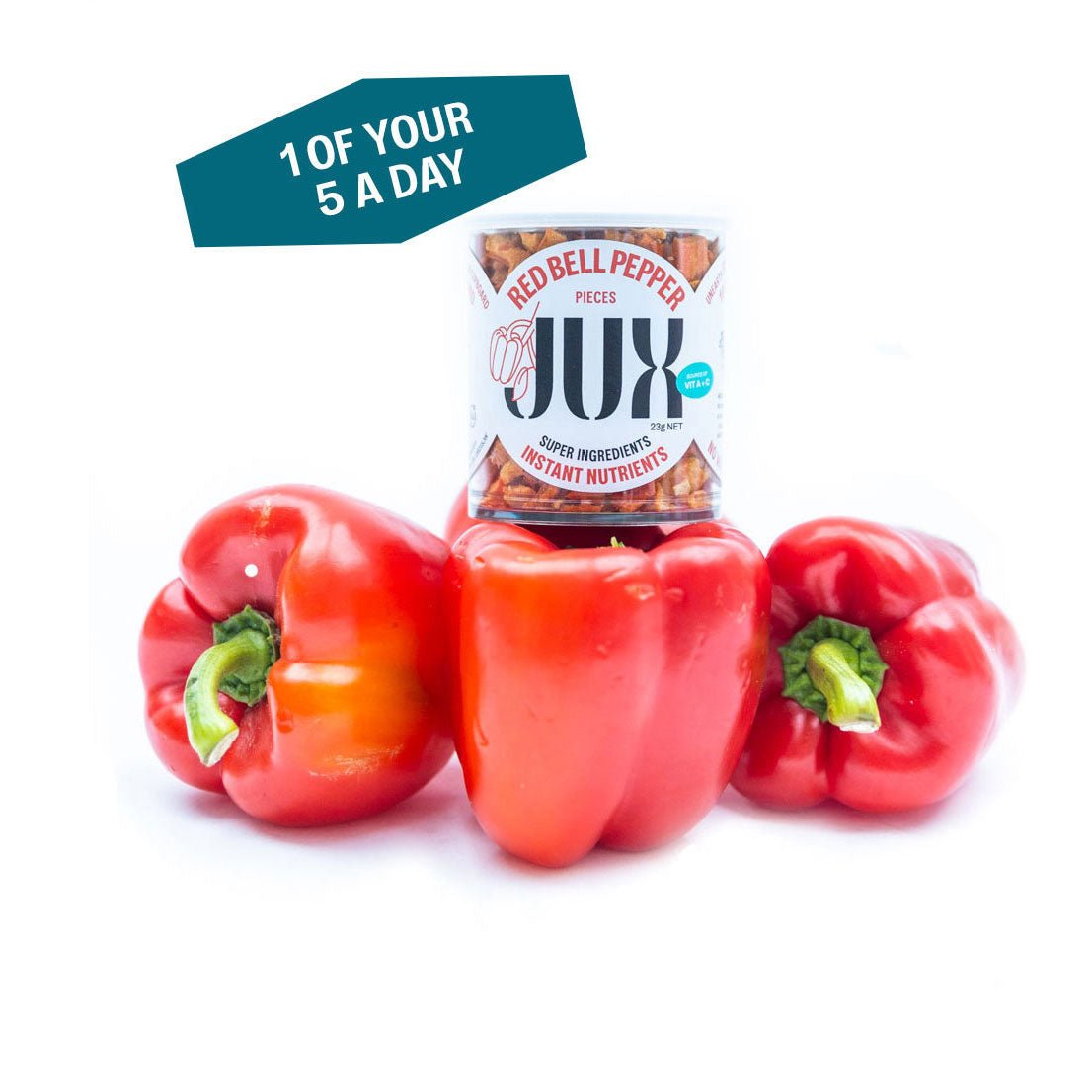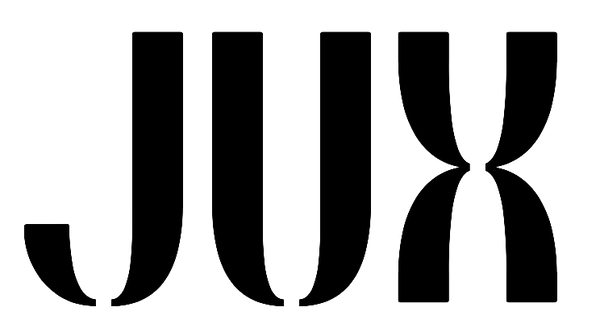
Join the nutrition revolution
We believe in making every ingredient count towards a happier and healthier life.
WHY ARE WE DOING THIS?
Our food system is broken. From field to fork, it’s riddled with inequalities and waste.
We want to help fix it.
-

Food Waste
A whopping 40% of food produced across the world in never eaten. Just 17% of this is at the consumer level, showing that this problem exists all the way along the supply chain.
-

poor diet
Poor diet is the biggest contributor to early deaths worldwide. That's more than smoking. It's a cold, hard fact. It also costs the UK economy an estimated £74 billion every year.
-

Inequalities
We recognise it's hard for everyone to eat the WHO-recommended 5 portions of fruit & vegetables a day. Widening health inequalities in our society are due to the economic barriers that exist to eating well.

What are we doing?
To address this, we offer a fresh take on dried foods. We take perishable foods and give them a new lifespan of years, by using clever technology developed by NASA. We harvest our plants at their peak and use this technology to efficiently dehydrate them via a process called sublimation, locking in all the nutrition, colour and flavour. It takes just the water out and leaves all the plant's natural goodness in. Using this process means we don't need to add any nasty preservatives into products, our entire range is 100% natural and additive free. Just the way nature intended! This offers an alternative to commonly-used heat-dehydration methods that destroy much of the plant's nutrition and flavour. Not only does this cut food waste and nutrient waste, but also cuts waste in the supply chain which historically has generated unnecessary green-house gas emissions. We're doing better for you, and better for the planet.
Sources
We love being nerdy! We've spent countless hours researching this. Some of our sources are below, but get in touch if you'd like to find out more.
WWF, Driven to Waste: Global Food Loss on Farms (2021).
Eurostat, How much fruit and vegetables do you eat daily? (2022).
United Nations, Resource Efficiency (2021).
Henry Dimbleby, National Food Strategy (2021).
Food & Drink Technology, Study highlights freeze drying benefits (2013).
U.S. Department of Agriculture, Food Waste and its Links to Greenhouse Gases and Climate Change (2022).
-

Herbs & Spices
Forget everything you know about dried herbs and spices: our tasty products...
-

Super-Powders
The ULTIMATE way to sneak more vegetables into your dish. Our nutrient-packed super-powders...
-

Vegetables
Get instant access to a vegetable garden, in your kitchen cupboard! Experience bolder flavours...






